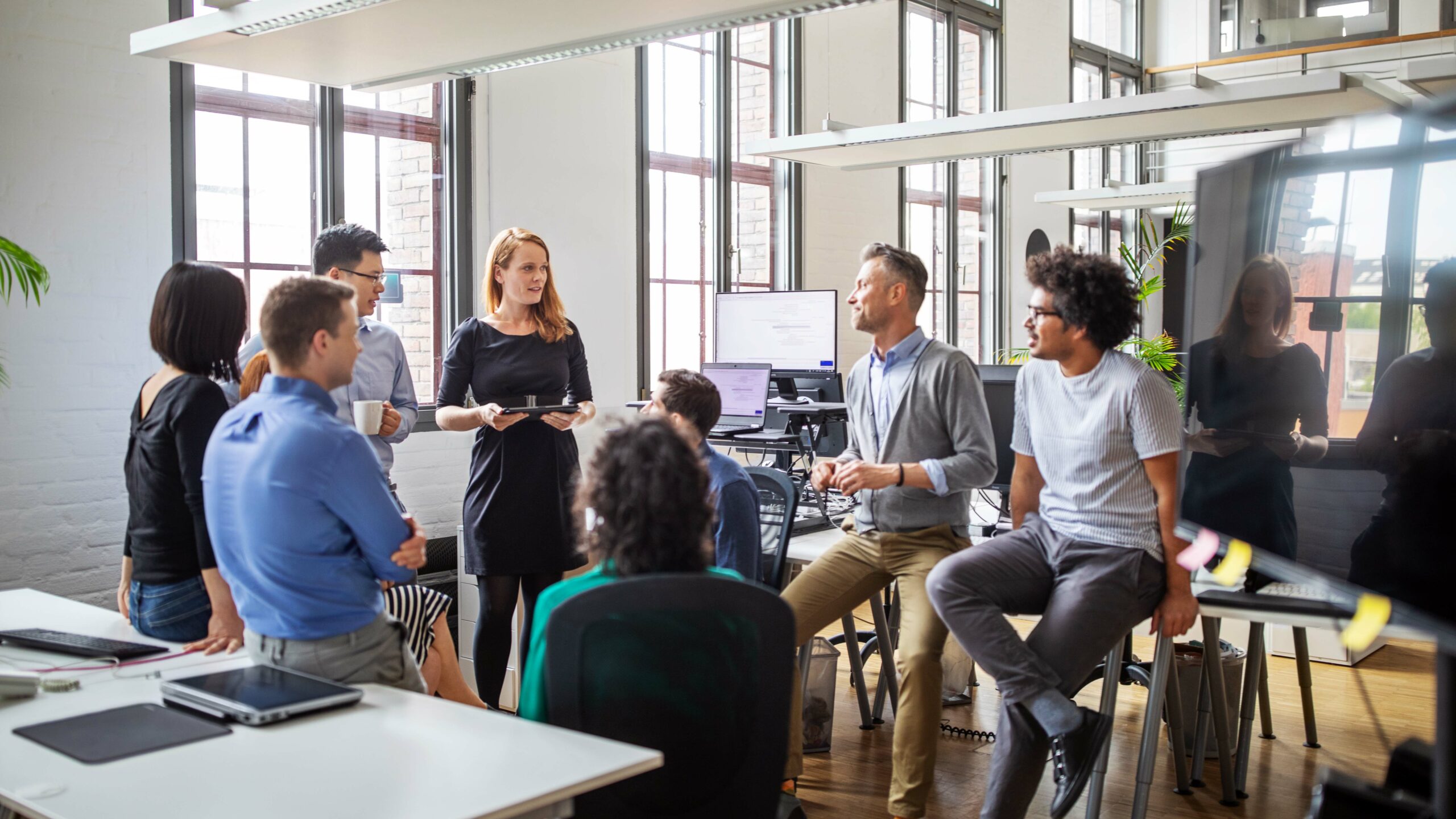The Charles Koch Institute supports social entrepreneurs who help learners of all ages discover, develop, and apply their unique gifts to solve society’s deepest problems.
We know individuals are hungry for this type of experience.
The Koch Internship Program (KIP), Koch Associate Program (KAP), and Poynter-Koch Media and Journalism Fellowship receive hundreds of applications each year. And when we ask applicants what is driving their interest in our educational programs, we hear that it is the chance to “learn by doing.”
Applicants want an education that goes beyond on-the-job training or skills-building. They want to be surrounded by mentors and advisers who provide an education that is relevant, personal, and provides real tools to use beyond the classroom.
How do our educational programs bring this vision to life? We focus on three keys:
The first component we emphasize is mentoring. In all three programs, participants have an individual dedicated to helping them identify and develop the skills they need to advance in their field.
For example, we pair our Poynter-Koch journalism and media fellows with a seasoned journalist. Journalism is a trade, and depleted newsrooms have made it harder for experienced reporters to mentor newcomers. Our fellowship fills that gap. Like KIP and KAP participants, Poynter-Koch mentors meet about twice monthly with their fellows to discuss work challenges, professional development, and ethics — any weighty matter on a participant’s mind. Mentors also review work, guide research, and connect fellows to others in their field.
Our second emphasis is community. We intentionally build a community around participants and fellows that helps them understand the learning that’s happening at work and in the classroom. This community includes other peers in the program, alumni, staff at partner organizations, and facilitators who interact with participants both in-person and through virtual channels. This surround-sound experience gives participants the chance to ask questions, brainstorm, and problem–solve with other social entrepreneurs.
In addition to mentors and a vibrant community, dedicated advisers coach participants, helping them navigate our programs and identify their unique skills and talents. These advisers also act as connectors to tools, resources, and professional contacts. They introduce participants to subject–matter experts in technology, criminal justice, law, foreign policy, and other fields.
The third focus of our educational programs is the capstone project, an entrepreneurial idea each participant develops to address a specific problem. We don’t put a lot of restrictions on what individuals choose as their capstone, but we push them to go beyond ideation and create something new. Capstone projects are not research papers. The project should be an activity or idea that could feasibly come to life with a few months or years of hard work.
Determining a personal capstone project is difficult, but the process roots participants in reality. By working with a mentor and others in the community to hone an idea, participants do the work necessary to develop a solution capable of making a real impact.
Specificity is key. For our Poynter-Koch fellows, the project could be something as simple as helping a newsroom better organize its sources, or developing a plan to diversify an outlet’s coverage. We have one alumni podcasting about gender bias in her own religious community.
These three keys: mentorship, community, and capstone, help our participants “learn by doing.” Through conversation, reflection, and hard work, participants learn how to take risks, make mistakes, iterate, and succeed. They also discover their passions and skills, develop decision-making tools, and internalize a problem-solving mindset. This is invaluable as they leave our programs and go make a difference in the world.
CKI’s educational programs equip innovators to discover their personal passions and make an immediate impact — to create new ventures, improve existing institutions, and contribute right away. Whether you are just beginning your venture or further along, we want to hear from you.



